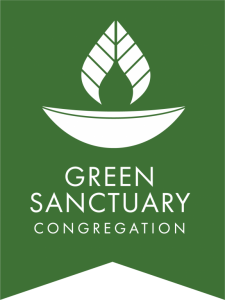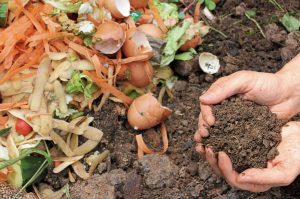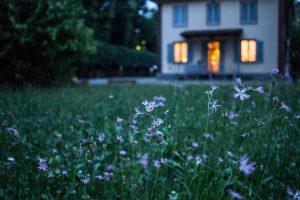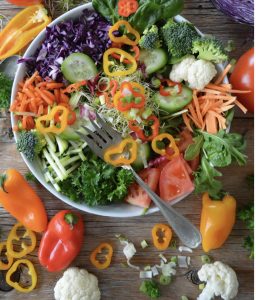Environmental Justice at UUSO
Green Sanctuary

The Green Sanctuary is a program of the Unitarian Universalist Association (UUA) with the purpose of organizing a congregation-wide effort to carry out campaigns toward mitigating climate change, promoting resilience and adaptation to the effects of climate change, and collaborating with marginalized groups in common environmental justice projects. More information about the UUA’s Green Sanctuary Program can be found here.
The UUSO is enrolled in this program and has taken the preliminary steps toward being accredited by the UUA as a Green Sanctuary. We are part of a cohort of 10+ UU congregations who are also striving to be Green Sanctuaries. Our core task force of five people is operating under the umbrella of the Social Action Team, and we envision that every member and friend has the opportunity for some involvement in our campaigns.
For more information about the Green Sanctuary Program at UUSO, please contact the Social Action Team at socialaction@uuso.org.
Seeds From the Green Sanctuary Task Force
UUSO’s Green Sanctuary Task Force will periodically offer small ideas to help reduce our congregation’s carbon footprint. Hopefully these “seeds” will grow into big, positive changes.
Seed #4: Composting

When food waste is left to rot, it sends greenhouse gasses into the air. By composting, we can help send the good, nutritious energy of our food scraps back into the Earth.
Click here to learn how to compost and use this “black gold” for your garden.
If you live in an apartment or don’t have enough space for a home compost pile, you can drop off your food scraps at the Oneonta Transfer Station for a $1.00 fee. Click here for more information about composting in Otsego County.
Seed #3: Energy Audits Through NYSERDA
 NYSERDA (New York State Energy and Research Development Authority) provides resources and assistance for energy conservation. NYSERDA is currently offering no-cost energy audits for residential homes. If you go to the NYSERDA website, you can find a list of approved contractors and set up an energy audit to discover how well-insulated and tight your home is, as well as learn other ways to reduce your utility use so that you can save on energy bills and reduce fossil fuel consumption. All of this leads to a reduced carbon footprint toward mitigating Climate Change!
NYSERDA (New York State Energy and Research Development Authority) provides resources and assistance for energy conservation. NYSERDA is currently offering no-cost energy audits for residential homes. If you go to the NYSERDA website, you can find a list of approved contractors and set up an energy audit to discover how well-insulated and tight your home is, as well as learn other ways to reduce your utility use so that you can save on energy bills and reduce fossil fuel consumption. All of this leads to a reduced carbon footprint toward mitigating Climate Change!
Seed #2: Buy Organic Produce

The Environmental Work Group (EWG) is a non-profit organization that has published guidance on the non-organic produce varieties with the highest amount of pesticide residue. The “Dirty Dozen” are the 12 produce varieties with the most pesticide residue, and the “Clean 15” are less subject to pesticide residue — if cost is an issue for you, this guide can help you to make informed choices about your produce purchases. If your budget allows, the best course of action (for your health and for the planet) is to buy organic produce as much as possible. Buying organic produce puts your consumer power to good use, encouraging produce companies and farmers to follow organic standards.
Please click here to access the EWG “Dirty Dozen” and “Clean 15” lists.
Seed #1: Zoom and Conference Calls

Oh, those Zoom calls and conference calls! Look… We were forced into doing them by the pandemic, right? Now that our Zoom and conference call skills have been honed, these platforms actually have some upsides. One is reducing our gas-guzzling, as we used to drive to church for everything that was happening. We love to see each other in person, and we look forward to that opportunity happening more and more — but maybe not for everything. Offering Zoom calls and conference calls in addition to in-person events will continue to save a ton (or more, literally) of carbon that would otherwise be spewed into the atmosphere. Hip Hip Hooray! Our congregation has been reducing our carbon footprint for the past two years — great job, UUSO!

